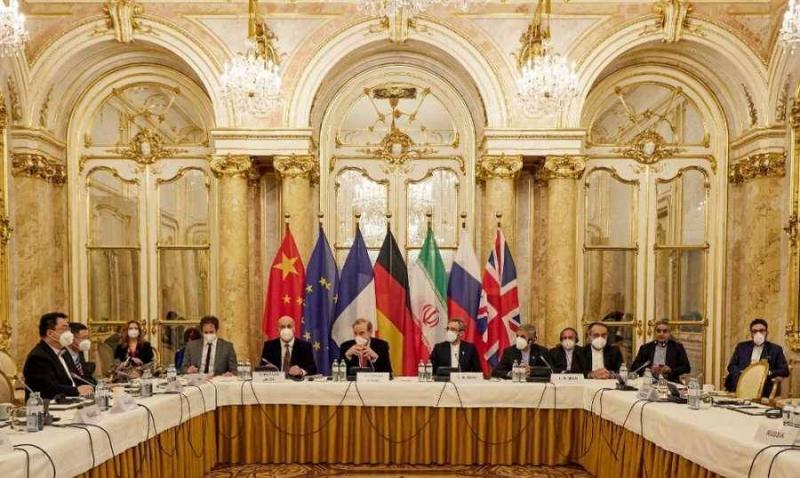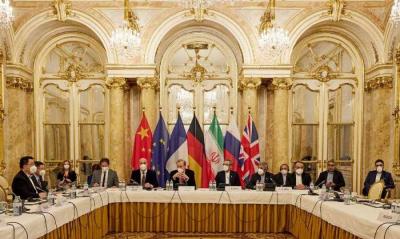The talks hosted in Doha last week aimed at reviving the stalled nuclear negotiations have not achieved any significant breakthrough. They ended as they began, without bringing the American and Iranian perspectives closer in a way that would allow for renewed dialogue on the nuclear agreement. This negative outcome, according to informed diplomatic sources speaking to "Al-Markaziah," was anticipated, especially since all the parties involved in the agreement prefer to await the results of President Biden's upcoming visit to the region in the coming days. Washington plans to collaborate with Tel Aviv and Arab and Gulf countries to outline a strategy to confront and contain Iran, forcing it to return, from a "weaker" position, to the negotiation table.
Meanwhile, Tehran is watching what Biden's regional tour will bring, evaluating its strengths and weaknesses in light of the outcomes. It will then decide whether it needs to retreat and make concessions, or if escalating tensions and mobilizing its proxies could be more beneficial, thus entering a prolonged military-security-nuclear standoff with its rivals in Washington and the region, while signaling a willingness to show positives in its dealings with Saudi Arabia to imply that it is not the obstructionist party, shifting the blame to the other side.
Negotiations have thus entered a phase of stagnation and anticipation, which will likely see further actions akin to Hezbollah sending drones to Karish, and perhaps the Houthis will follow suit from Yemen toward Saudi Arabia. After Biden's visit, the distinction between the clear and unclear regarding nuclear issues will gradually become apparent.
Bloomberg reported that efforts mediated by European parties to revive the Iranian nuclear deal are expected to resume after President Biden's visit to the region this month, indicating that last week's intense round of talks in Doha did not yield tangible results. European diplomatic sources informed Bloomberg that "the nuclear talks did not progress," noting that "efforts to revive the agreement are expected to be postponed until after the July deadline proposed by the International Atomic Energy Agency." The sources added that "efforts may resume in the Qatari capital, Doha, after Biden's visit."




